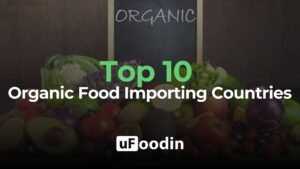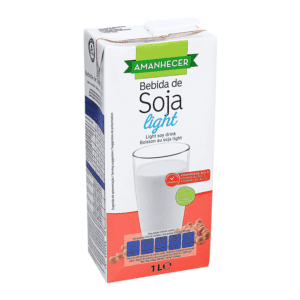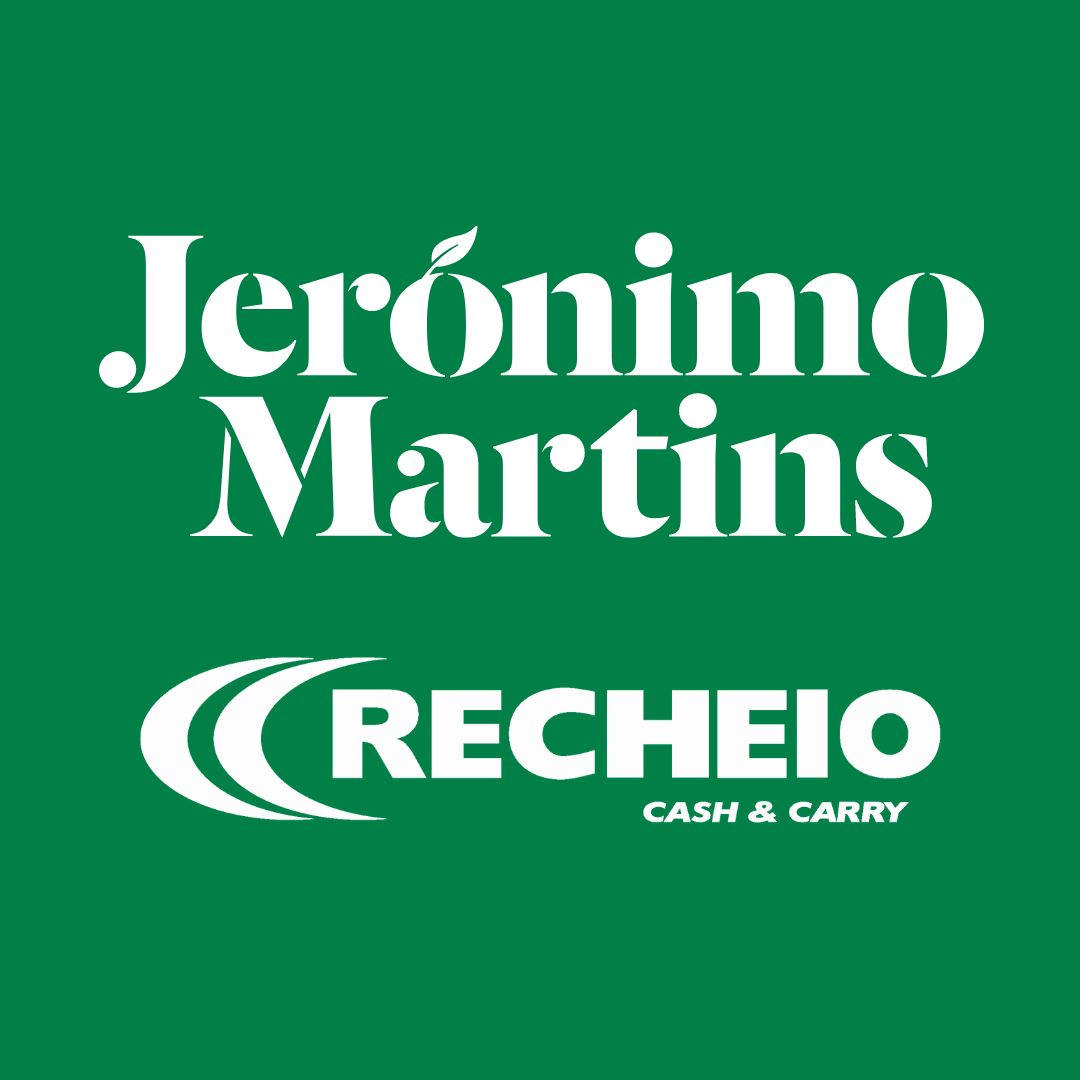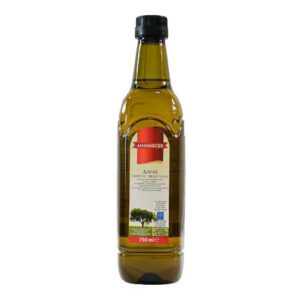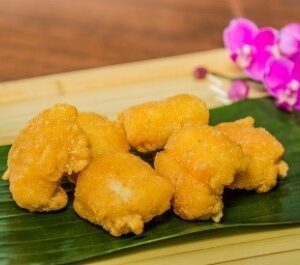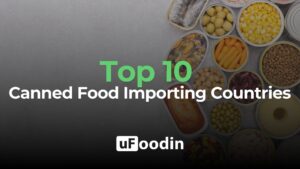
Top 10 Breakfast Cereal Brands
The global breakfast cereal market is a significant segment of the food industry, offering consumers convenient and nutritious options to start their day. In 2024, the market is projected to reach approximately $82.16 billion, with expectations to grow at a Compound Annual Growth Rate (CAGR) of 5.52% from 2024 to 2029, aiming for a market volume of $107.50 billion by 2029.
This growth is driven by several factors:
- Health Awareness: Consumers are increasingly seeking cereals that offer health benefits, such as high fiber content, whole grains, and added vitamins and minerals.
- Convenience: The demand for quick and easy meal solutions has made ready-to-eat cereals a popular choice, especially among working professionals and students.
- Product Innovation: Manufacturers are continually introducing new flavors, organic options, and products catering to dietary preferences like gluten-free and vegan, broadening the market appeal.
Regionally, North America leads the market, generating the highest revenue, with the United States expected to contribute approximately $22.53 billion in 2024.
This dominance is attributed to established consumption patterns and a high demand for diverse cereal products. However, the Asia-Pacific region is emerging as a significant growth area, driven by urbanization, rising disposable incomes, and the adoption of Western dietary habits.
In summary, the breakfast cereal market is poised for steady growth, propelled by health trends, convenience, and continuous product innovation. Companies that adapt to consumer preferences and regional tastes are likely to thrive in this evolving landscape.

- Kellogg’s
- Headquarters: Battle Creek, Michigan, USA
- Why It Stands Out: The inventor of breakfast cereals, Kellogg’s remains a global leader with iconic brands like Corn Flakes, Frosted Flakes, and Special K.
- Key Innovations: Introduction of plant-based cereals and low-sugar variants catering to health-conscious consumers.
- General Mills
- Headquarters: Minneapolis, Minnesota, USA
- Why It Stands Out: General Mills boasts a diverse portfolio, including Cheerios, Wheaties, and Lucky Charms, catering to all age groups.
- Key Innovations: Expansion into organic and gluten-free cereal options.
- Nestlé Cereals (Cereal Partners Worldwide)
- Headquarters: Vevey, Switzerland
- Why It Stands Out: A joint venture with General Mills, Nestlé Cereals offers globally recognized brands like Fitness, Nesquik, and Shreddies.
- Key Innovations: Fortification of cereals with vitamins and minerals to address nutritional deficiencies.
- PepsiCo (Quaker Oats)
- Headquarters: Purchase, New York, USA
- Why It Stands Out: Quaker Oats is synonymous with oatmeal and granola, emphasizing wholesome and heart-healthy breakfast options.
- Key Innovations: Introduction of overnight oats and ready-to-eat breakfast bars.
- Post Consumer Brands
- Headquarters: Lakeville, Minnesota, USA
- Why It Stands Out: Post is home to beloved cereals like Grape-Nuts, Honey Bunches of Oats, and Pebbles.
- Key Innovations: Development of non-GMO and high-protein cereal varieties.
- Weetabix Limited
- Headquarters: Northamptonshire, United Kingdom
- Why It Stands Out: Known for its flagship Weetabix product, the company emphasizes simplicity and nutritional value.
- Key Innovations: Expansion into on-the-go breakfast options and plant-based cereals.
- Nature’s Path Foods
- Headquarters: Richmond, British Columbia, Canada
- Why It Stands Out: A leader in organic breakfast cereals, Nature’s Path offers a range of eco-friendly and sustainable products.
- Key Innovations: Development of zero-waste packaging and regenerative farming practices.
- B&G Foods (Cream of Wheat)
- Headquarters: Parsippany, New Jersey, USA
- Why It Stands Out: Cream of Wheat provides a hearty and versatile hot cereal option, appealing to traditional breakfast consumers.
- Key Innovations: Introduction of fortified and flavored hot cereal options.
- Barbara’s Bakery
- Headquarters: Petaluma, California, USA
- Why It Stands Out: Known for its natural and simple ingredient philosophy, Barbara’s Bakery offers cereals like Puffins and Shredded Wheat.
- Key Innovations: Focus on allergen-free and low-sugar cereals.
- Jordans & Ryvita (Associated British Foods)
- Headquarters: Biggleswade, United Kingdom
- Why It Stands Out: Specializing in granola and muesli, Jordans & Ryvita caters to consumers seeking wholesome, high-fiber options.
- Key Innovations: Development of cluster cereals and products with ancient grains.
Major Trends in the Breakfast Cereal Industry
- Growth of Health-Focused Cereals
The increasing consumer focus on health and wellness is driving demand for cereals enriched with fiber, protein, and functional ingredients like probiotics. The global market for high-fiber cereals is projected to grow at a CAGR of 6.8% through 2030, reflecting a broader trend toward gut health and heart health.
- Expansion of Plant-Based and Dairy-Free Options
With the rise of veganism and flexitarian diets, the breakfast cereal market is introducing plant-based formulations, such as cereals fortified with pea protein and almond milk. This trend is expected to contribute to a CAGR of 9.1% in plant-based food products by 2030.
- Increasing Popularity of Organic and Gluten-Free Cereals
Organic cereals are gaining traction, particularly in North America and Europe, with the organic breakfast cereal market expected to grow at a CAGR of 7.2%. Similarly, gluten-free options are expanding, catering to consumers with celiac disease and gluten intolerance.
- Convenience and Portability
Busy lifestyles are fueling demand for on-the-go cereal options like single-serve packets, bars, and ready-to-drink cereal shakes. Urban areas and working professionals are driving this segment’s growth, which aligns with the rise in ready-to-eat food products.
- Sustainability and Eco-Friendly Practices
Sustainability is becoming a cornerstone for the breakfast cereal industry. Companies are investing in recyclable packaging, carbon-neutral production processes, and sourcing ingredients from regenerative agriculture practices to meet growing consumer expectations for environmentally responsible products.
- Integration of Local and Regional Flavors
Cereal manufacturers are incorporating locally inspired flavors to cater to diverse consumer tastes. For instance, Asian markets are seeing the inclusion of green tea and matcha flavors, while Latin America is experiencing a rise in chocolate and tropical fruit-based cereals.

Main Challenges in the Breakfast Cereal Industry
- Rising Costs of Ingredients
The fluctuating prices of key ingredients like oats, wheat, and corn are putting pressure on profit margins. The increased cost of organic and specialty ingredients further complicates pricing strategies for premium cereal lines.
- Balancing Health and Indulgence
While health-conscious consumers demand low-sugar and high-protein cereals, indulgent products like chocolate-flavored cereals remain popular. Striking a balance between health and taste is a challenge for manufacturers trying to cater to both segments.
- Competition from Alternative Breakfast Options
Smoothies, protein bars, and grab-and-go breakfast items are eating into the cereal market share, forcing brands to innovate and differentiate their products to remain relevant.
- Supply Chain Disruptions
Global supply chain issues, including transportation delays and raw material shortages, continue to impact the availability and pricing of breakfast cereals. This is particularly challenging for multinational brands reliant on global sourcing.
- Regulatory Compliance
Compliance with varying food safety, labeling, and nutritional regulations across regions adds complexity for cereal manufacturers. Stricter rules on sugar content and nutritional transparency increase the burden on brands.
- Addressing Consumer Skepticism
Consumers are increasingly scrutinizing product labels, questioning the nutritional claims of breakfast cereals. Mislabeling or exaggerated health claims can erode consumer trust, prompting the need for greater transparency and accountability.
The breakfast cereal industry remains a cornerstone of global food culture, adapting to consumer demands for health, convenience, and sustainability. The Top 10 Breakfast Cereal Brands lead the way, not only through iconic products but also by setting industry benchmarks in innovation and responsible practices. From Kellogg’s plant-based initiatives to Nature’s Path’s zero-waste strategies, these companies reflect the diverse needs of modern consumers.
Platforms like uFoodin are invaluable for connecting cereal producers with distributors, retailers, and innovators. Smaller brands can use uFoodin to showcase niche offerings, while industry giants can explore new markets and form partnerships that address challenges like ingredient sourcing and supply chain resilience. This collaborative approach fosters a vibrant, competitive market that benefits consumers and producers alike.
As the industry moves forward, balancing indulgence with nutrition, integrating sustainable practices, and addressing regulatory challenges will define its trajectory. By staying agile and consumer-focused, breakfast cereal companies will continue to energize mornings and shape the future of the food industry.
uFoodin Editorial Team
Bibliography
- Statista: Global Breakfast Cereal Market Insights
- Fortune Business Insights: Breakfast Cereal Market Trends and Projections
- Grand View Research: Market Analysis of Breakfast Cereals
- IMARC Group: Industry Overview and Forecast for Breakfast Cereals
- Future Market Insights: Growth in Plant-Based Breakfast Cereal Products
- Market Research Future: Analysis of Gluten-Free and Organic Cereals

